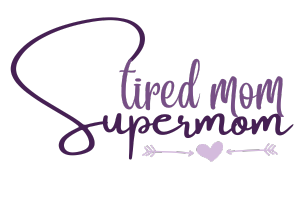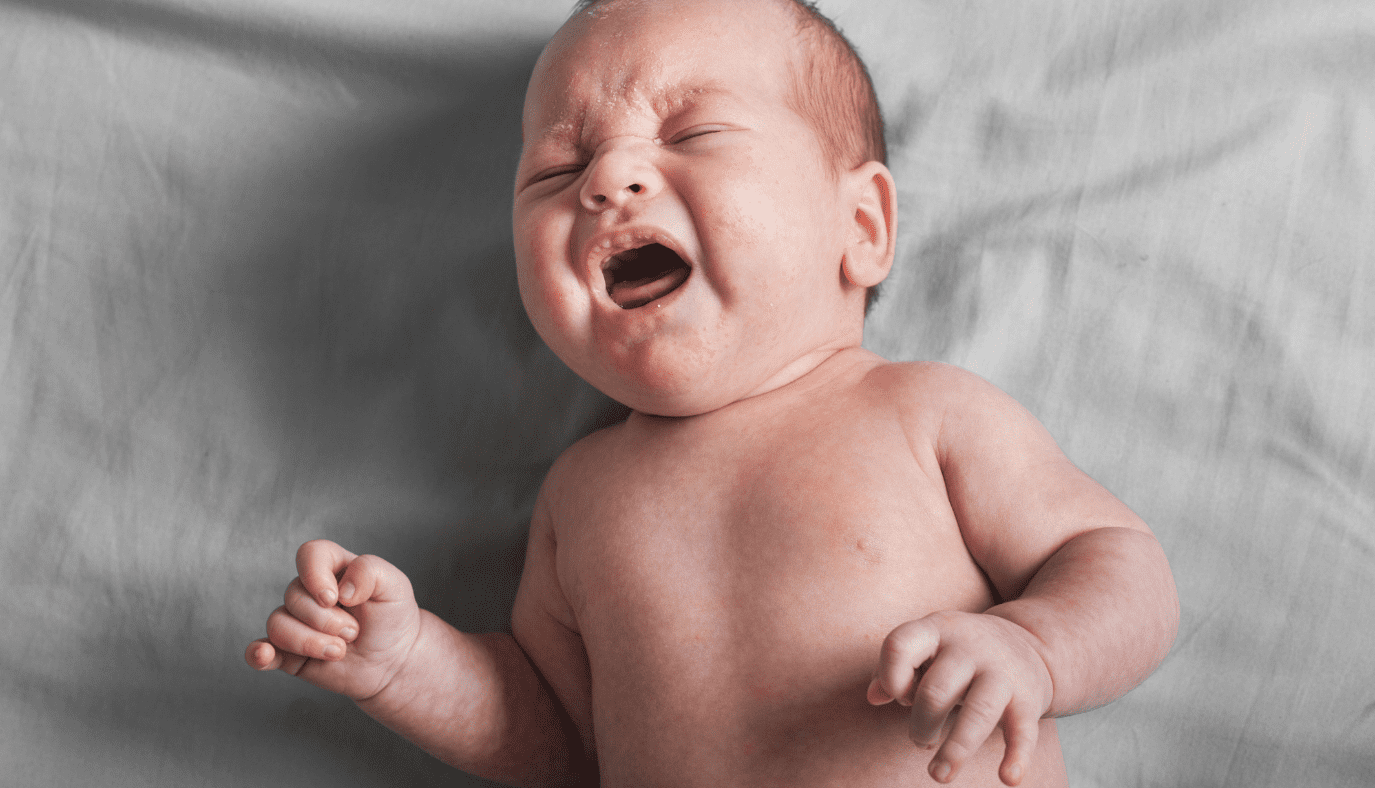Why Your Baby Is Crying in Their Sleep and What To Do
Hearing your baby cry in their sleep is worrying, especially if you don’t know why they’re upset. Learn why babies cry in their sleep and what to do for them.
When your baby is asleep, it’s supposed to be a time of peace for you and them, but you wouldn’t be the only parent suddenly startled to hear their baby crying in their sleep. You may wake them up, check their diaper, or try to feed them, but they’re perfectly fine.
Understandably, this may make you concerned, but the good news is, it’s perfectly normal. If you want to learn more about this common behavior, let’s look at a few reasons why babies cry in their sleep and what you should do as a parent.
This post may contain affiliate links. Full privacy policy and disclosure here.
Sleep Regression
The age at which sleep regression begins can vary from about 4 to 8 months, but it happens to almost every baby at some point in their development. This is because they’ve yet to develop their circadian rhythm, and suddenly, they’re not sleeping overnight anymore but rather in short bursts.
Much like adults, their pattern of deep and light sleep may ebb and flow, but typically this regression doesn’t last more than a few weeks. The best thing you can do is keep a consistent schedule and encourage them to fall asleep on their own by putting them in their crib when they exhibit signs of sleepiness rather than when they’re already asleep. Signs of sleep regression can include taking longer to fall asleep, a short number and length of naps, or increased fussiness surrounding naptime.
Teething Discomfort
Teething discomfort can happen before teeth show as the sharp edges push at their gums. This can make it difficult for parents to know when their baby is beginning to teethe, so it’s important to be aware of the early signs of teething. If you suspect this might be the issue, run a clean finger along their gumline and feel for any bumps. It’s common for this discomfort to make your baby fussy while they’re half-asleep, so they may need some monitored time with a teether.
Bad Dreams
Just like adults, babies can have bad dreams as well. It may sound strange, but nightmares can begin at 12 months as they develop fears and anxieties. It’s not uncommon for us to outwardly react to our dreams, and as babies mature, they’ll start to do the same thing. This is one of the most common reasons why babies cry in their sleep, and there’s not much you can do. Waking them up can worsen the crying, but you can gently rub or shush them to comfort them while they’re still in dreamland.
Sleep Cycle Transitions
Again, much like adults, babies have phases of sleep. However, they switch between phases more quickly and spend more time in rapid eye movement (REM) sleep. During the transition between these cycles, they may partially or fully awaken, and with it comes crying and fussing. When this occurs, wait a few minutes and see if they can fall back asleep. If they can’t and continue to cry, or the crying worsens, you can try to soothe them back to sleep or meet any needs they may have.
While all babies cry in their sleep, you know your baby best, and if they seem to be in pain or constantly fatigued, trust your gut and talk to your pediatrician.

